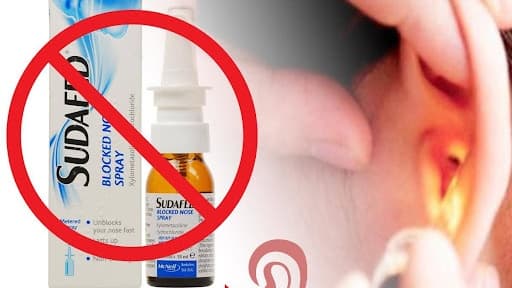6 Ways to RUIN Your Fasting Benefits
Fasting is more than a dietary trend; it’s a strategic choice for enhancing longevity and health. By activating longevity genes, fasting reduces inflammation and improves cellular protection against disease. It is particularly beneficial for diabetics and pre-diabetics.
While fasting has immense benefits, certain mistakes can undermine its effectiveness.
Engagement in prolonged fasting without proper preparation can lead to muscle loss and fatigue. It's crucial to adapt to fasts gradually, tailoring them to personal health conditions. If it feels wrong, listen to your body and adjust.
Protein intake plays a vital role in maintaining muscle mass during fasting. Opting for animal proteins, particularly red meat, eggs, lamb, and seafood, ensures adequate nutrition. A balanced intake of 7-8 ounces per meal is advised, which may differ if you're consuming only one meal per day.
Allow your body to guide your fasting patterns rather than adhering to strict schedules. Customized patterns respond better to individual needs, ensuring reduced hunger and enhanced comfort.
Fasting requires a lower exercise intensity to permit proper stress recovery. Balance rest and activity by paying attention to what suits your body’s need for recovery.
The reparative processes during sleep are crucial in fasting. Prioritize adequate rest to enable effective recovery and sustain the health benefits of fasting.
From Around The Web
Wellness Inbox is a blog & weekly newsletter that curates trending news and products related to health and wellness from around the web. We also gather content from various sources, including leading health professionals, and deliver it directly to you.
Please note that we may receive compensation if you purchase any products featured in our newsletter. Wellness Inbox is not affiliated with, nor does it endorse, any health professionals whose content may appear in our newsletter. The information provided is for general informational purposes only and should not be considered medical advice.
The information provided is not intended to replace professional medical advice, diagnosis, or treatment. All content, including text, graphics, images, and information available is for general informational purposes only. We do not guarantee the accuracy or completeness of any information presented and assume no liability for any errors or omissions. The content is subject to change without notice. We encourage you to verify any information with other reliable sources and consult your physician regarding any medical conditions or treatments.







